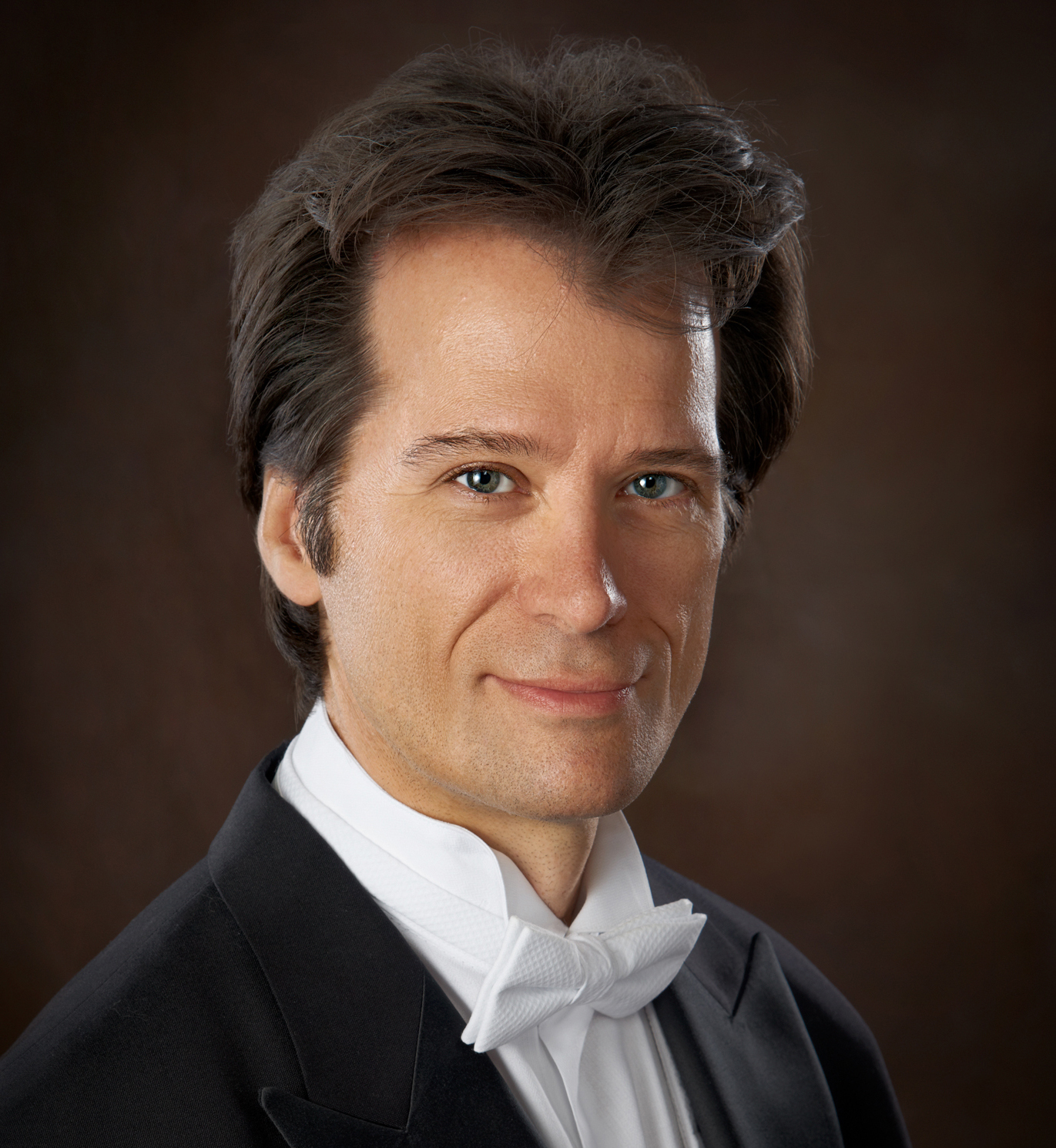
Kristian Alexander is the founding Music Director and Principal Conductor of the Kindred Spirits Orchestra (Toronto, Ontario), the founding Music Director of the International Music Academy (Markham Ontario), the founding Artistic Director of Markham Contemporary Music Festival and the founding Artistic Director of the International Music Competition (Toronto). Kristian Alexander has conducted Internationale Bach-Collegium and Gächinger Kantorei in Stuttgart, Cairo Symphony Orchestra, Hong Kong Oratorio Society and Orchestra,the National Opera of Romania, the National Teleradio Symphony Orchestra of Moldova, Lutosławski Philharmonic Orchestra and Malawski Philharmonic Orchestra in Poland, and Kindred Spirits Orchestra, Windsor Symphony Orchestra, the Opéra de Montréal Orchestra, the Royal Conservatory of Music Symphony Orchestra (Toronto), Oakville Chamber Orchestra, Guelph Symphony Orchestra, Etobicoke Philharmonic Orchestra, Vaughan Symphony Orchestra, Vancouver Oratorio Society, Toronto Classical Singers, the Mozarteum Symphony Orchestra and the Sofia Philharmonic Orchestra in Sofia.
Kristian Alexander has worked with internationally renowned conductors Charles Dutoit, Gustav Meier, Marin Alsop, Helmuth Rilling, John Morris Russell, Nurhan Arman, David Agler, and Nedialko Nedialkov. He also collaborated with soloists André Laplante, Christina Petrowska-Quilico, Jacques Israelievitch, Ann Hobson Pilot, James Parker, Lorenzo di Bella. He recorded several live concerts for the International Bachakademie (Stuttgart), the National Radio Broadcasting Company and the National Television of Bulgaria. Kristian Alexander conducted in many major concert halls in Europe, Canada and the Middle East: Roy Thompson Hall, Sony Centre for the Performing Arts, Ettore Mazzoleni Hall and the CBC Glenn Gould Studio in Toronto, Lieder Halle in Stuttgart, Cairo Opera House, Hong Kong City Concert Hall, Bulgaria Hall and the National Palace of culture in Sofia, among others.
Kristian Alexander has given the Canadian and the world premières of several contemporary works by John Williams, Garry Kulesha, Brian Current, Larysa Kuzmenko, Daniel Friedman, Kevin Lau, James Campbell, Constantine Caravassilis, Heather Schmidt, Chan Wing-Wah, Erik Kreem, Werner Chan and others. In 2023, Kristian Alexander gave the world première of "Ukrainian Rhapsody" by Alexander Rosenblatt. He also gave the Canadian première of internationally acclaimed composer John Williams’ “On Willows and Birches”, the world premières of James Campbell’s Concerto for harp and orchestra and Chan Wing-Wah’s “Phoenix Dance” as well as the North-American première of Chan Wing-Wah’s Symphony No. 9 for soloists, choir and orchestra. In 2017, Maestro Alexander conducted a sold-out performance at the 3,200-seat Sony Centre for the Performing Arts in downtown Toronto of the first international concert-tribute to the Oscar-winning composer A.R. Rahman. In 2018, he made a highly acclaimed Asian début with the Hong Kong Oratorio Society and Orchestra, which he returned to conduct in 2023 as well.
In 2021, Kristian Alexander implemented for a first time in Canada an eco-conscious digital music library platform that permanently replaced paper-based operations with iPad Pro tablets made available to all musicians of the Kindred Spirits Orchestra. This project has substantially reduced the orchestra’s carbon footprint and was awarded by the Government of Canada and the Government of Ontario.
In 2019, Kristian Alexander founded the International Music Festival and Competition, a charitable organization that has for a mission to provide young musicians with opportunities to perform, to conduct and to write music, while receiving professional guidance in collaboration with leading experts in the classical music industry from the University of Toronto and York University, the Toronto Symphony Orchestra, the Canadian Opera Company, the National Ballet of Canada, the Royal Conservatory of Music and the Glenn Gould Professional School.
In 2011, Kristian Alexander founded the Markham Contemporary Music Festival, a charitable organization that promotes the performance by local artists of music written worldwide in the 20th and the 21st centuries by Canadian, Indigenous, American, Asian, and European composers and includes lectures and seminars in both English and French, workshops, master-classes, pre-concert chats, intermission discussions, post-concert receptions, documentary films about the life of contemporary composers, and networking events.
In recognition of his musicianship, Kristian Alexander was elected for six consecutive years to represent Canada on the Board of Directors of the International Conductors Guild (2002-2008), as well as at the London Arts Council (1999-2001), and the Southern Ontario Music Chamber Institute (2004-2006). In 2006 he was invited to moderate in New York City a highly acclaimed panel with conductors from the Juilliard School, Pierre Monteux School for Conductors, and Eastman School of Music. In 2007, he was appointed advisor of the Conductors Guild international workshop for conductors led by renowned Maestro Jorma Panula (Finland) and Maestro Raffi Armenian (Canada). In 2007 as well, he was appointed Chair of the first International conference for conductors in Toronto.
A dedicated pedagogue, Kristian Alexander has also been on the Faculty of several educational institutions, both in Canada and abroad. Since 2005, he has taught conducting and advanced interpretation at the International Music Academy and since 2003 he has been consultant in music education at the International Baccalaureate Organization (London, England). In addition, he has also taught modern languages and interpretation at the Atelier lyrique de l‘Opéra de Montréal and instrumental music at the Canadian Conservatory for Music and Arts and at the Weldon Park Academy (London).
Since 2000, Kristian Alexander has given over a 1,000 bursaries and scholarships to neurodiverse children, youth-at-risk, children with disabilities, and children in low-income families, to help them learning a musical instrument. In 2015, he also donated a grand piano and a 2-manual organ to the remote community of the Easter Island. These musical instruments, travelling 36,000 km by sea, arrived in 2016 for the inauguration of the first music school in the history of this distinct society. Kristian Alexander has also been a supporter of Orchestra Canada, American Federation of Musicians, American Symphony Orchestra League, Conductors Guild, Friends of Glenn Gould Society, and Interkulturelle Gesellschaft (Switzerland).
In 1997, Kristian Alexander was invited as an assistant orchestra and choir conductor for several presentations of the opera Jenůfa (L. Janáček) at the Opéra de Montréal. The performance was outstanding and has been praised by the critics as “one of the best productions in the history of the Opera of Montreal" (Robert Markow, Le Magazine de la Place des Arts, Montreal, Quebec, 2000). During the same years Kristian Alexander was also a voice consultant for several internationally acclaimed actors and actresses in Quebec, such as Louise Marleau, Marc Béland, and Pierre Collins.
Kristian Alexander speaks English, French, Russian, and Bulgarian and has a working knowledge of Italian, German, Czech, Latin, Greek, and Hebrew languages. In addition to master degrees in orchestral and choral conducting, music theory and history, he holds degrees in anthropology, psychology, theology, and arts management from academies and universities in Toronto, Montreal, Stuttgart and Sofia. He has also been a recipient of several awards from the Canada Arts Council, London City Council, L’Université de Montréal, Internationale Bachakademie (Stuttgart), the Mozarteum Internationale Stiftung (Salzburg), Open Society Foundation (New York), and the National Music Academy (Sofia).
Kristian Alexander is also the author of three research papers: “Le Magnificat: trois lecture musicales. L’interprétation de la symbolique et de la forme textuelle dans les Magnificat de H. Schütz, de J. S. Bach et de W. A. Mozart” (for the Université de Montréal, 2005), “Utah Symphony and Utah Opera: a merger proposal“ (for the University of Toronto, 2004), and “Mozart’s Davide penitente KV 469: Philosophical, aesthetics, formal, and conducting analysis” (for the National Academy of Music, Sofia, 1994). He is also the author of two publications in major scientific journals: “Typology of the form of the compositions for magnificat” (Institute of musicology of the Bulgarian Academy of Sciences, Sofia, v. 1, 1997) and “Energetic interactions between music text and sound: etude on philosophy of music” (Institute of philosophical research of the Bulgarian Academy of Sciences, Sofia, v. 3, 1996).
PIANO STUDIES |
Antonia de Wolfe,
M.Mus., B.Mus., D.Mus. Mobina Beheshti, D.Mus. Adam Tsang, M.Mus., B.Mus.
|
WOODWINDS AND BRASS INSTRUMENTS |
John Mills, M.Mus., B.Ed.
|
VOCAL STUDIES |
Adam Tsang,
M.Mus., B.Mus. Olesia Marchuk,
M.Mus., B.Mus. |
VIOLIN, VIOLA, CELLO
|
Jonás
Joya, M.Mus., B.Mus. Lusine
Navoyan, M.Mus., B.Mus. Arpad
Josephson, D.Mus., B.Mus. John Mills,
M.Mus., B.Ed.
|
MUSIC THERAPY
|
Venelin Majlev, B.A.
|
CONDUCTING STUDIES AND INTERPRETATION |
Kristian Alexander, M.Mus., M.A., B.Mus., B.A., D.E.S.S.G.O.C.
|
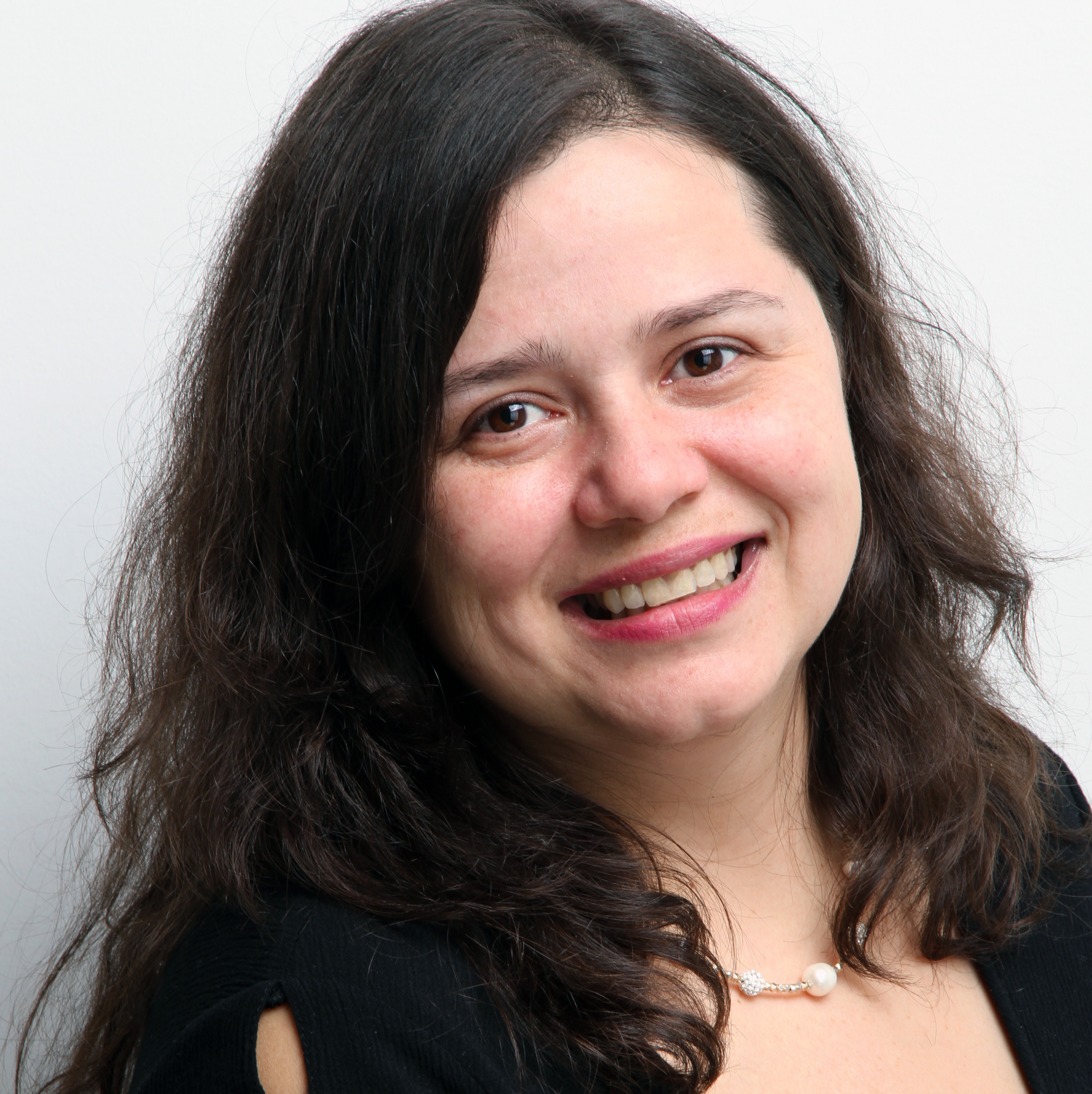
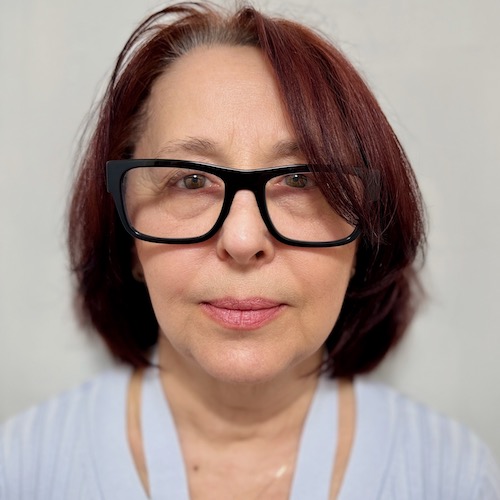
Ms. Mihaela Cudalbu has earned a Bachelor of Music degree with majors in Musicology and Music Pedagogy from the Bucharest University of Music. She is a member of the Romanian Union of Composers and Musicologists and is a published author of 3 books on musicology and a few dozens of articles/reviews in Romania and Canada. Ms. Cudalbu has been teaching piano since 1987 and is proficient in applying various piano methods to the delivery of the curricula of leading European universities as well as of the Royal Conservatory of Music (RCM). Ms. Cudalbu has also been a music editor of the Romanian Broadcasting Corporation (RBC) where she hosted live music shows, wrote articles on music and designed and hosted programs for the RBC symphony orchestra’s concerts. Earlier in her career, Ms. Cudalbu also was a music inspector at the Romanian Ministry of Education where she looked after the music curriculum for students from grade 1 to 12 and inspected the delivery of music lessons by teachers in various schools. Since 2002, Ms. Cudalbu maintains a private piano studio where she has developed individualized lessons plans tailored to each student’s unique needs, abilities, and goals.
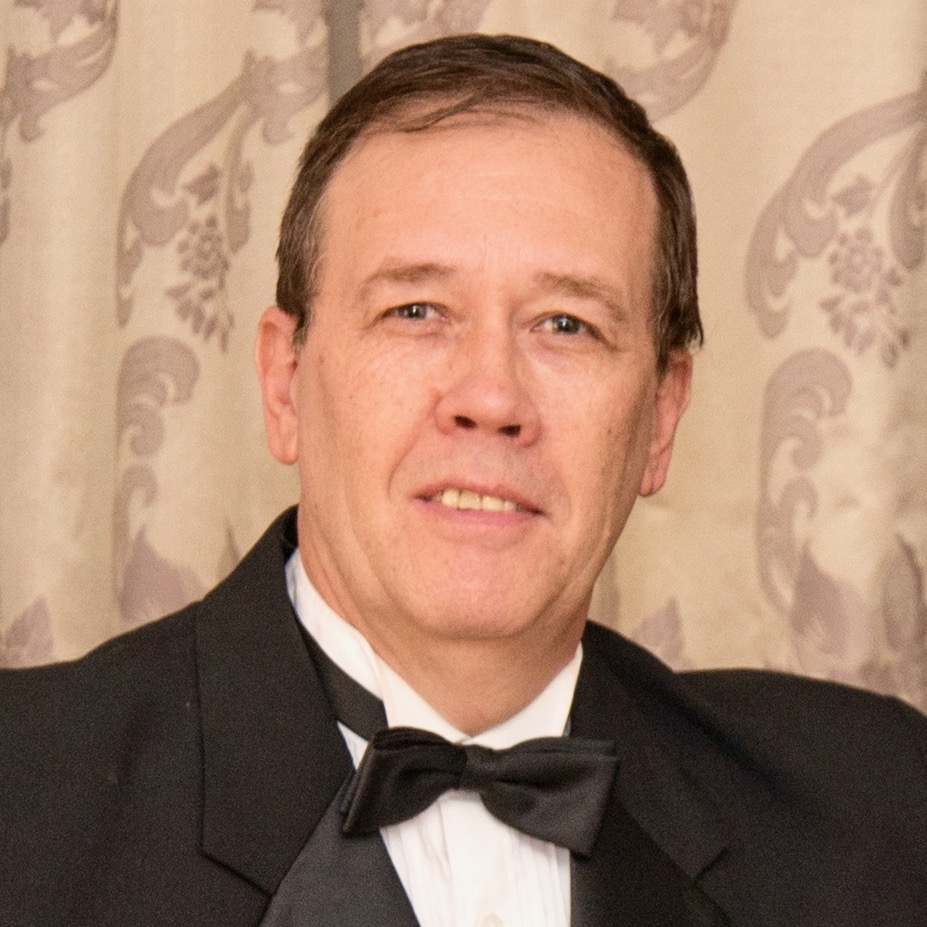
Andrew Kartuzov is a graduate of the Conservatory of Music in Dnepropetrovsk, Ukraine, with more than 40 years of experience in music and piano performance. Andrew is the cofounder of the Russian Youth Theatre in Toronto, and has been its Musical Director since 1999. He created music for three theatrical productions of Russian Youth Theatre and played lead roles in shows such as “Twelve Months”, “Snow Queen”, “New Year Adventure of Cat Leopold”, “Love to Three Oranges”, “Lady’s Cat Mansion”, “Princess-Frog”. He has been a soloist at “Solisti Belle Voci” under Maestro Paolo Busato since 2015. In 2012 Andrew sang roles of Spalanzani and Franz in “Les Contes d'Hoffmann” by J.Offenbach staged at Toronto City Opera by Giuseppe Machina. In 2017 Andrew took part in “Pagliacci” production as Peppe (Arlecchino). He is Recipient of “Prestige Award” with Russian Youth Theatre creative team from City of Toronto, 2014.
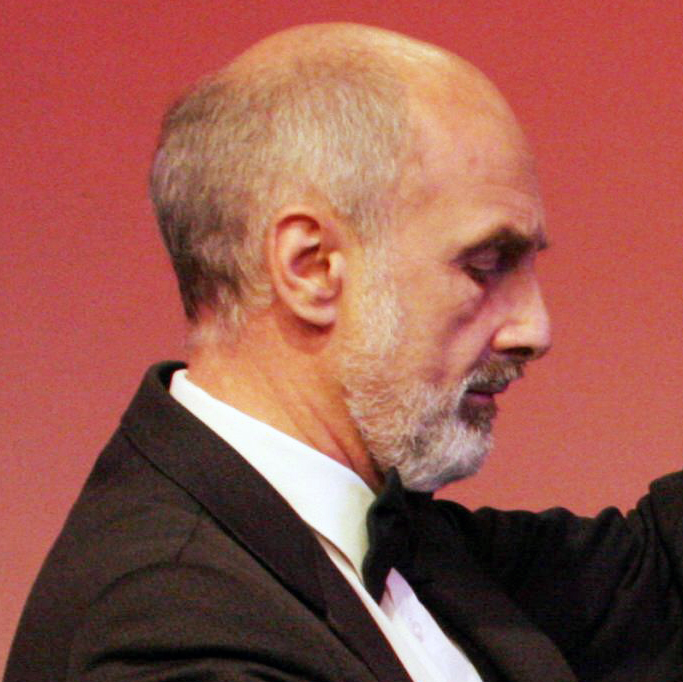
Vladimir Dounin was born in Russia in the family of a military doctor and a kindergarten teacher. When he was a student at Kazan Music College, there was no music teacher in his mom's kindergarten, so Vladimir was invited to teach young children to sing and dance, when he himself was only 14 years old. A year later, he was invited to teach at the music school, and another year later he began working in the opera house as a vocal coach and accompanist. At 17, Vladimir entered the Moscow Conservatory and graduated with honors. After graduation, he worked as a soloist in the philharmonic society in the city of Sochi, and then was an assistant professor to Prof. V. Nielsen at the St. Petersburg Conservatory (post graduate school, Ph.D. in music). In 1970 he was one of the winners of the All-USSR competition. In the following years, Vladimir worked as a concert pianist, opera chorus master and music teacher in Russia, South Africa, and then in Canada. He worked with internationally-renowned concert performers and Opera singers of Russia, Europe and America. Vladimir wrote many articles on"pianostreet.com, pianoworld.com and recorded many videos on "You Tube" related to piano pedagogy.
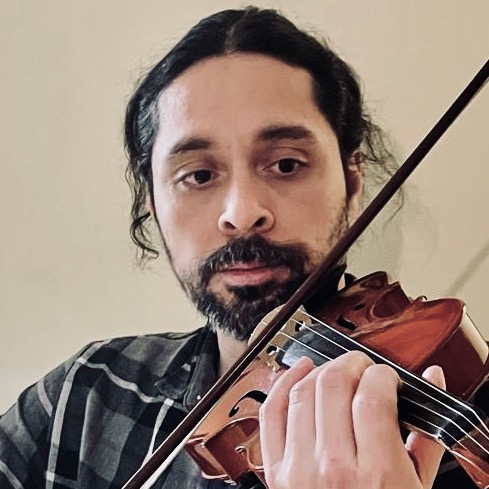
Jonás Joya has earned a master degree and a bachelor degree in orchestral conducting. He has taught music for more than 18 years as an orchestra conductor, violin, viola, cello, and double bass teacher, as well as music theory. Mr. Joya has substential experience teaching violin and viola and has played violin in various orchestras both in his country of origin Venezuela and here in Canada. He beleives that anyone can learn music, and that music helps children grow as well-rounded individuals.
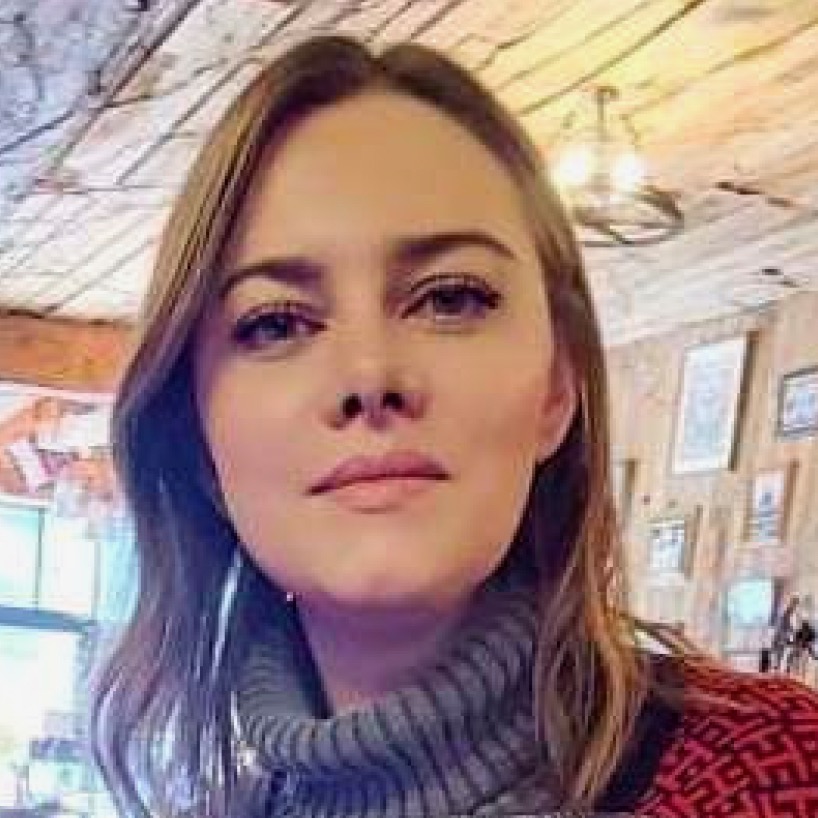
Olesia Marchuk is an accomplished professional pianist and singer whose career spans some of Europe’s most prestigious opera houses and concert stages. Born in Ukraine, Ms. Marchuk pursued her passion for music at the Kiev Music Academy, graduating in 2004 with a Master of Music degree. For over 17 years, she was a distinguished member of the Kiev Opera House, where she performed as a choir soloist and took part in a wide range of acclaimed productions. Her versatility and artistry have brought her to the stage in internationally renowned projects such as Notre Dame de Paris by Luc Plamondon and Riccardo Cocciante, the rock opera Mozart by Dove Attia, and operatic masterpieces including Giuseppe Verdi’s La Traviata. Ms. Marchuk has toured extensively, sharing her art with audiences in Italy, France, Belgium, Switzerland, Germany, and many other European countries. Since relocating to Canada, she has continued to enrich the cultural landscape with her artistry. In addition to her work as a soloist, Olesia brings a wealth of skills to her artistic practice, including choir and ensemble singing, conducting, vocal coaching, piano accompaniment, piano teaching, and stage acting. Her broad experience and deep musicality continue to make her a highly sought-after artist, both on stage and in the studio.
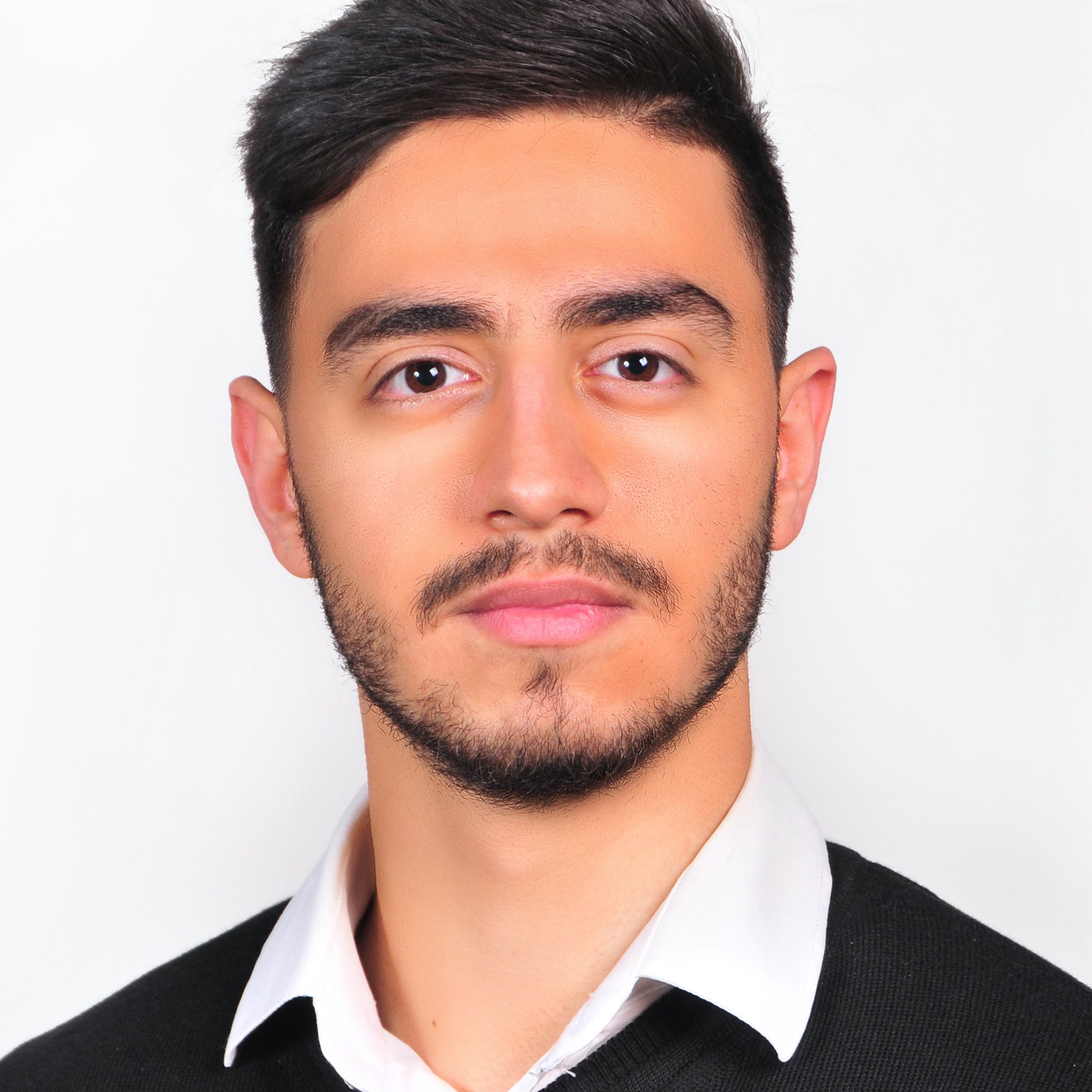
Mr. Sheikhi has earned a B.Mus. degree in piano performance from the University of Arts in Tehran. Ha has also specialized in Orff pedagogy for early childhood music education at the Pars Music Institute in Iran. In addition, he has completed masterclasses in conducting and music theory. Mr. Sheikhi has received prestigious awards: 1st place at the Tehran Shamse Music Festival, and “Best musician” at the 2021 Festival of Arts and Music in Tehran. He has given numerous concerts at the Shahin Music Academy and at the Pars Music Institute. He is currently pursuing a Bachelor in Fine Arts degree in piano performance at the York University in Toronto. His teaching philosophy applies personalized programs and methods to piano teaching of every student while taking into consideration differences in learning styles and personalities.
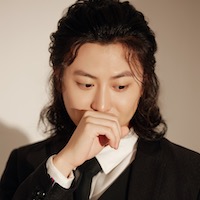
Adam Tsang is a cosmopolitan musician and certified voice teacher, holding a Master’s degree in Music Education and Dual Bachelor’s degrees in Music Production and Vocal Performance from Vienna and Graz (Austria). His teaching career includes voice, piano, songwriting and music theory lessons in Viena, Hong Kong, and Beijing. Adam Tsang works with singers at every level, blending science-driven techniques with clear multilingual guidance (English, Mandarin, Cantonese and German). He builds healthy vocal habits, nurture the authentic tone, and achieve sustainable progress across every stage of the students' development. Beyond teaching voice, Adam also coaches piano/vocal integration, holding prestigious certifications of DipABRSM and Trinity ATCL in Piano. Whether students are looking to casually play favorite songs with vocal accompaniment or preparing for RCM/ABRSM examinations, he'll craft a tailored path to help unlock synergistic skills for fuller musical expression – empowering complete musical storytelling. “For me, singing is a process of storytelling, and the composer is like the writer of the story. Whether conveying stories that are joyful or sorrowful, calm or fiery, the essence lies in the genuine and raw emotional expression from the composer and singer.”, says Adam Tsang. He believes everyone can learn music, and his role is to make that journey as enjoyable as possible.
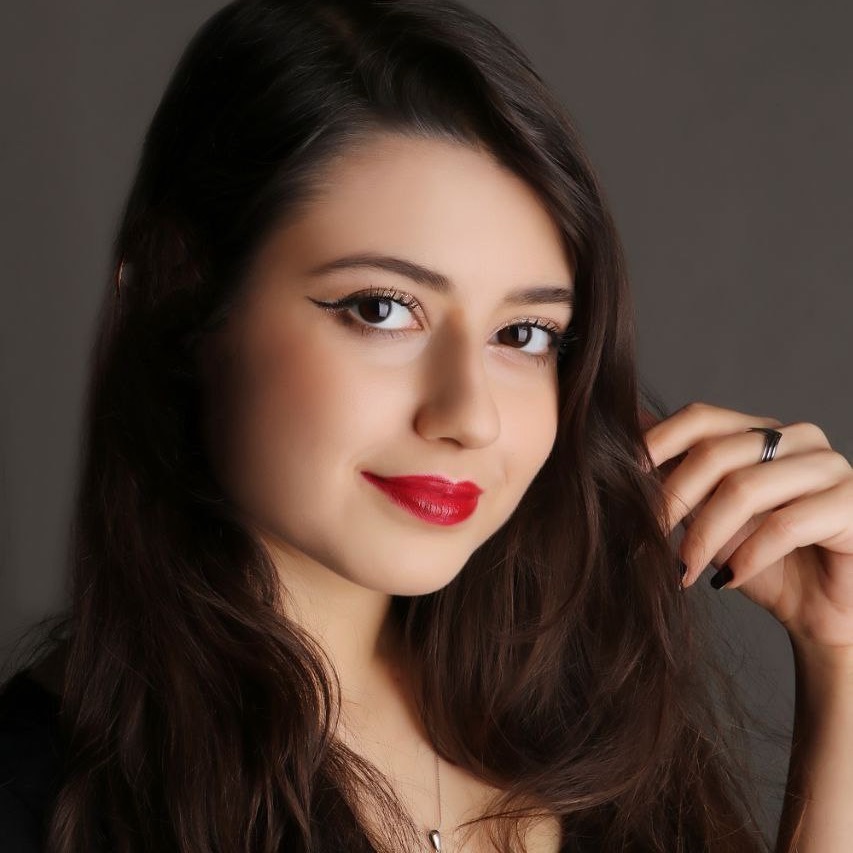
Ms. Mobina Beheshti is an accomplished piano teacher who excels in fostering appreciation for music among children and adult learners, enhancing their skills through the application of innovative teaching methods. She has earned an Associate of Arts, Music and Piano Performance Diploma from the University of Arts and Culture in Tehran and has a substantial experience in preparing students for examinations at all levels of the Royal Conservatory of Music. Ms. Beheshti also develops students' understanding of music theory through engaging activities and creative approaches to learning concepts. She adapts her teaching style according to each student's unique personality traits, strengths and opportunities for development, ensuring optimal results within diverse groups of learners. She also incorporates ear training into her lesson by integrating carefully-selected practice materials and exercises to enhance students' listening skills and reinforce theoretical concepts. Ms. Beheshti builds strong relationships with students’ families to encourage continued enrollment and commitment to musical growth.
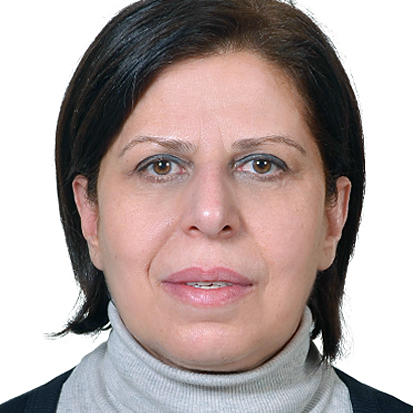
Ms. Kehyaian was born in a family of musicians in Aleppo, graduated with a Diploma in music and theory from the Aleppo Conservatory of Music and further studied piano and harmony with renwoned professor Hrant Kevorkian. With over 30 years of practical knowledge and experience, Ms. Kehyaian brings efficiency and motivation to every piano lessons. She emphasizes the development of technical skills to support musicality while adjusting her methods to her students ;earning style and natural capabilities. Ms. Kehyaian helps students of all ages and abilities to discover their passion in studying music. As a former Principal of Parsegh Ganatchian Music School and music professor at the Karen Jeppe Armenian College in Aleppo, she managed and assessed annually over 375 students. She works in conjunction with parents and students to set consistent and attainable goals while inspiring, instructing and creating positive learning experience for her students.
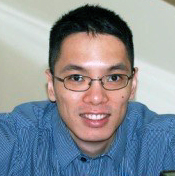
Born in Hong Kong, Werner Chan started to learn piano at the age of 5. At the age of 11, he had his first piano recital in the local church and became the accompanist for the Don Bosco Choir for 7 consecutive years. He secured a place to study music at the Hong Kong Academy for the Performing Arts (HKAPA) and obtained a Diploma of Music in 2001. In September of the same year, Werner received the Conservatory Ovation (Piano) Award and the International Chancellor’s Award, to study music at the University of Missouri-Kansas City, USA. He graduated with distinction with a Master’s degree in Music in 2007. Mr. Chan has over 15 years of piano teaching experience. He started his piano teaching career in 2001 as a private in-campus tutor. Mr. Chan teaches students ranging from very young age to adults and seniors. He adapts his teaching style according to the personal learning style of his students. He is patient, observant and can establish good rapport with his students in no time. Mr. Chan shares his passion for music with others and makes the music lesson a stimulating and joyful experience to those who learn with him. On the other hand, with students of higher grades, Mr. Chan would focus a lot on interpretations of works of various composers, leading to achieving high marks in the RCM examinations and competitions. In tune with his belief in life-long learning, Mr. Chan continues to polish his piano teaching techniques by taking courses of pedagogic nature. Apart from teaching piano and music theory, Werner has been performing piano publicly in Toronto. In the past, he performed in the Open Score Salon Series of University of Toronto; the Opus One home concerts for classical music; the 2015 and 2016 Concerts hosted by the Ontario Cross-Cultural Music Society. In August 2016, Werner was invited to perform as the pianist of the Broadway Rock Musical “Rent”, a two-and-half hour production presented by the Markham Youth Theatre. Mr. Chan is a registered RCM teacher and a member of the Ontario Registered Music Teachers Association (ORMTA). He speaks fluently French, Mandarin and Cantonese.
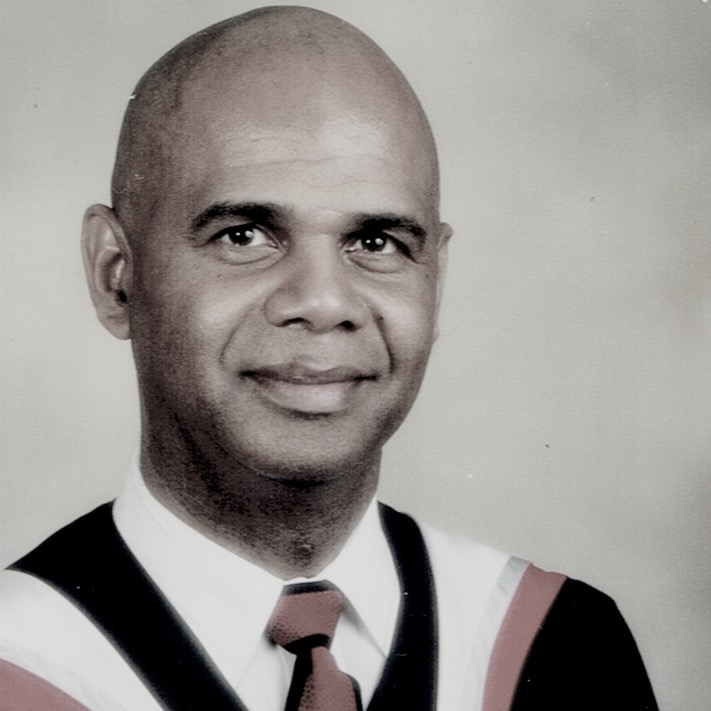
Mr. Kelvin Brown has earned a GCE in English and Music from London (England), a B.F.A. degree in Music and a B.Ed. degree from York University in Toronto. He has over 20 years experience in teaching woodwind and brass instruments, music theory, composition, and orchestration for jazz ensembles and various instrumental groups. Mr. Brown has performed as a soloist in private functions and public events in variety of styles, from classical to jazz, sacral, and ceremonial music to R&B and Soca. He has played with the North York Symphony Orchestra, the Silverthorn Symphonic Winds, North York Concert Orchestra, the Royal Regiment of Canada and the Governor General’s Guards. Mr. Brown teaches instrumental music at the Toronto District and at the Durham District School Boards. He is also experienced in preparing students for the Royal Conservatory of Music examinations, college and university auditions, concerts and recitals..
Mr. Mills has earned his Bachelor of Education degree from York University and music certification from University of Toronto. He brings over 25 years of teaching experience to the International Music Academy in various guitar styles, music theory and numerous bluegrass instruments. For many years, Mr. Mills taught all the concert band instruments for the Toronto District School Board. His youth stage bands performed at Ontario Place and numerous Community Centers, while his choirs were featured on children’s television. He organized Master classes for the Scarborough night studies programs for many years, along with teaching at various music schools throughout the city. As a performer, he was lead guitarist for the Arrivals for two years before touring with the Elvis Memories retro show. His caring, unique, multi-resource approach to teaching has met with measured success throughout his instructional career. Mr. Mills is a registered teacher with the Royal Conservatory of Music.
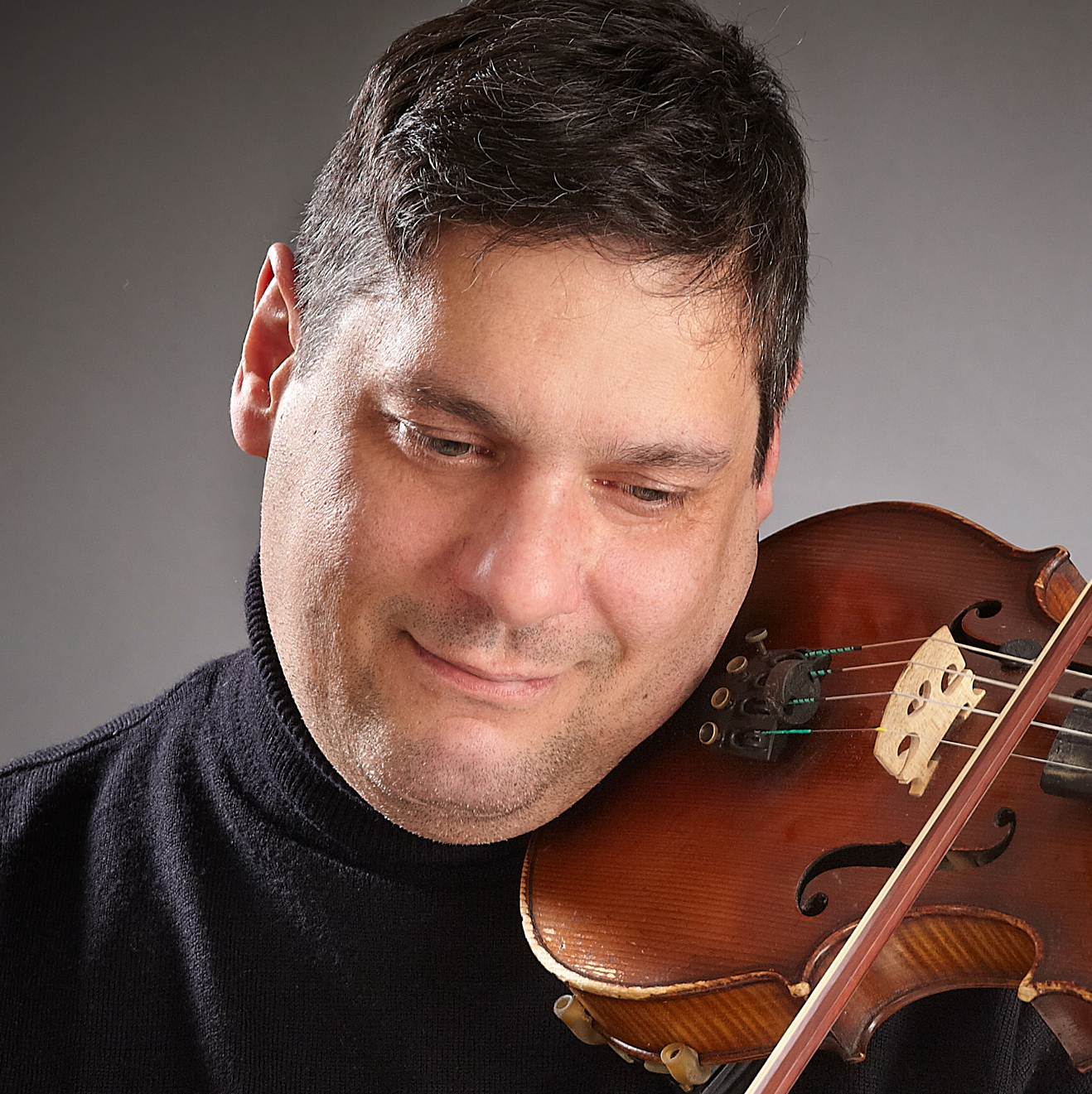
Arpad Josephson has earned a Bachelor of Music in Violin Performance from the University of Western Ontario (London) and a Diploma in Orchestral training from the Royal Conservatory of Music (Toronto). He has over 20 years of experience performing with Symphony Hamilton, Windsor Symphony, Niagara Symphony, Oshawa Symphony, Oakville Chamber Orchestra, Hamilton Camerata, Ensemble Unterweg, and Royal Conservatory of Music Symphony Orchestra. He has also taught violin, piano, and music theory at Hamilton School of Music.
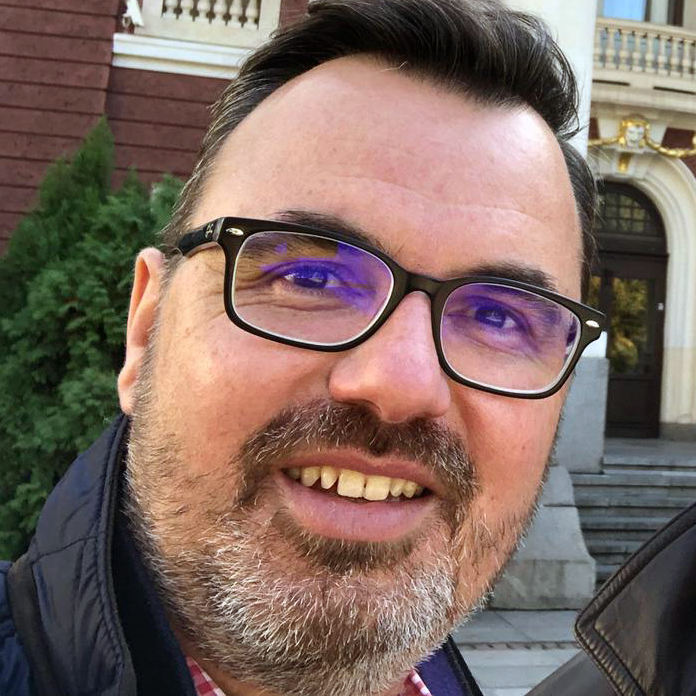
Mr. Venelin Majlev is a professional music and speech therapist with multilingual experience and background. He offers a comprehensive evaluation of speech, voice, resonance, language, congnitive-lingustic and swallowing disorders. Mr. Majlev prepares and implements personalized remedial plan that includes music, body movement, dance, singing and neuro-linguistic programming. During the re-learning process, he will also provide ongoing guidance, advice and music instruction by employing various instrumental and voice techniques.
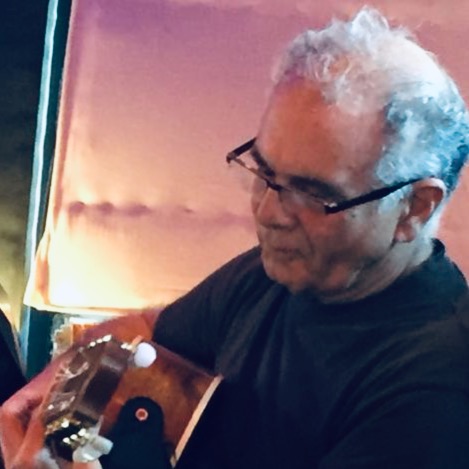
Mr. Eusiel Silva Do Rego has earned a Master degree in Music from the University of Sao Paulo and a Bachelor degree in Music from the Faculty of Arts Alcantara Machado in Brazil. He has extensive experience as a musician and teacher of both classical and acoustic guitar, harmony, counterpoint and music theory. Mr. Rego has performed Brazilian Jazz (Bossa Nova) and music from Portuguese composers at numerous events across the Greater Toronto Area. He gave classical guitar recitals and presented the music of world-renowned composers: Antonio Lauro, Isaac Albeniz, Heitor Villa-Lobos, Roberto Sanz de La Maza and John Dowland as well as João Bosco, Ivan Lins, Chico Buarque, Francis Hime, Edu Lobo, Milton Nascimento, and Astor Piazzola. In 2019, Mr. Rego was invited to take part in Toronto’s Sinai Health System Circle of Care Program and play music to elderly people.
Music education is an asset to our life. It has many positive
effects on the emotional and intellectual growth of people of all
ages. It provides a sense of pride and accomplishment and offers
many opportunities for a quality family time.
It enhances productivity and it adds value to your life. It is about
dream fulfillment, hope and passion.
The mission of the International Academy of Music is to
unlock human potential through various forms of music and arts. To
people believing in the changing power of music, we offer a high
quality private education at affordable prices guided by inspiring
and motivating professionals.
Sometimes, students who have been excelling in playing a musical
instrument or singing for a year or longer, may lose their interest
and motivation. They may find learning about music not as thrilling
and exciting as it used be in the beginning. Through thorough
research we have concluded that often those are the students who
were taught without taking into consideration their natural learning
style. Everyone learns in a different way: some people are more
visual, others are more auditory, or kinaesthetic (tactile), or
intellectual. Discovering the personal learning style is of utmost
importance for constructing a proper method of teaching that would
vary substantially from one student to another. International Music
Academy is one of the very few private music schools in the world
that offers with a complimentary initial assessment. The purpose of
the assessment is to discover the personal learning style of the
person, his/her basic motor and auditory skills as applied to music,
and to elaborate a personalised programme tailored to the individual
goals and objectives of the student. As a result, we have achieved
one of the highest student retention rates in the industry in Canada
– 89% over a 3-year period of time.
Here are some the most important reasons why you should choose
studying at the International Music Academy:
Criteria |
International Music Academy |
Other private music schools |
Environment |
We focus exclusively on music education, not on sales. We are a private music school, not a store. | Most organizations offering music lessons are actually stores that focus exclusively on rental and sales of musical instruments and provide with some lessons “on the side”. |
Offical Awards |
Consumers’ Choice Award for best private music school in the Greater Toronto Area. The Royal Conservatory of
Music Gold Medal for Teaching Excellence. Тhe York Region Character
Community Award. Markham Board of Trade Business Excellence Award finalist. |
None. |
Official Status |
Our programmes are also approved by the York Catholic School Board. | None. |
Teachers |
Our teachers have all a Master degree in Music (some have a Ph.D.). They have all a minimum of 10 years of teaching experience and are all registered with the Royal Conservatory of Music. | Often young and/or inexperienced, without formal degree in music education. |
Programmes |
We provide with initial free assessment (aptitude test) to determine the student’s strengths and teaching opportunities. Then we elaborate an individual programme for a specific student taking into consideration individual learning styles and differences. | Pre-set methods, curricula, and music books that are used for all type of students. |
Schedule |
We are open 7 days a week and our schedule is very flexible: you choose the day and the time of your lessons. | You may be offered some options. |
Choice of Instrument |
We offer private instruction in all musical instruments and voice (except percussion and harp), as well as all levels of music theory, history, harmony, counterpoint, pedagogy, and conducting. | Often limited. |
Performing Opportunities |
We organize two large scale festivals (Winter and Summer), in addition to several recitals, local festivals, and competitions. | Usually once a year, in May-June. |
Evaluation Reports |
We provide with detailed written report cards twice a year (in December and June), in addition to verbal feedback. | Mostly verbal and you have to ask for it. |
Tuition Fee |
Our fees are very competitive and often lower than other private music schools. We also offer discounts for families with more than one child attending the IMA. We have never turned back anyone because of financial concerns. For us education comes first. | Often too high for what you get. |
Student Progress |
Our students learn faster and better than average. | Often slower than you expect. |
Complimentary tickets |
We regularly offer complimentary tickets for concerts at Flato Markham Theatre. This way, our students can get inspired by watching performances by professional musicians. | None. |
International Music Academy is a proud supporter of the following community groups, non-for-profit organizations, and charities:
Thank you for your interest in teaching positions with our school. This page will give you an idea of our philosophy of teaching and our ideas on how our school can best meet the needs of our students and teachers.
School History and background
The International Music Academy was founded in 1996 and quickly established itself as the expert in private music education in York Region. The School has won several awards, such as:
Educational Philosophy
We realize that most of our students will not become professional musicians. We strive to provide a fun but educational environment with well-organized administration and first-rate equipment and facilities.
Sometimes, students who have been excelling in playing a musical instrument or singing for a year or longer, may lose their interest and motivation. They may find learning music not as thrilling and exciting as it used to be in the beginning. Through thorough research we have concluded that often those are the students who were taught without taking into consideration their natural learning style. Everyone learns in a different way: some students are more visual, others are more auditory, or more kinaesthetic (tactile), or intellectual. Discovering the personal learning style is of utmost importance for constructing a proper method of teaching that would vary substantially from one student to another. International Music Academy is one of the very few private music schools in the world that provides with a complimentary initial assessment. The purpose of the assessment is to discover the personal learning style of the student, his/her basic motor and auditory skills as related to music, and to create a personalised programme, tailored to the individual goals and objectives of the student.
Why teach with us?
There are several places you can teach music around the GTA. Why should you consider teaching with us?
As music teacher you can either teach privately in your house or in students homes, or you can teach in a music store or a music school – both have upsides and downsides. If you teach in your home or go to students’ homes, the upside is that you can keep all of the money you charge to the student. Since you have no expenses like rent, maintenance, an office administrator or marketing/advertising you do not have to pay out a percentage to overhead costs. There are also downsides to teaching in your home or your students’ homes. It can be hard to keep your schedule constantly full with new students. Getting a full schedule can be difficult and expensive if you have to run classified ads or small newspaper ads. Even if you are a good, well-liked teacher it can take a long time for referrals and word-of-mouth to fill your schedule. If you are driving to a student’s houses you also have to factor in the driving time between students which limits the amount of teaching you can actually do.
The other downside of teaching on your own can be the difficulty in enforcing your attendance and payment policies. No one likes being a collection agent. It can be difficult to concentrate on your teaching while trying to keep track of who owes money and to make sure you are paid.
If you are teaching on your own it can also be difficult to enforce your teaching policies and have your time respected. For example, if a student tells you they are going to Disney World for the next two weeks, it can be difficult to still make them pay for their lesson time. Many students will refuse to pay for those missed lesson because they will think: “I’m not getting my lesson so why should I pay?”
Chances are you can’t book another student in that lesson time for just 2 weeks, so if you don’t charge the student in Disney World, you have just lost 2 weeks of pay. If that scenario happens a couple of times per month it can greatly reduce your earnings.
Now let’s look at teaching at a music school. The downside is you don’t get paid as much per student. Teaching rates that in-home teachers and music schools charge are usually pretty similar. So the pay per student to the teacher is lower because of commercial rent, several ads in social media, newspapers, magazines, websites and directories, paying salaries to office administrators 7 days a week, maintenance cost, utility and other overhead expenses. The upside can be having a consistently full schedule of students each day. Being paid less per student but having 10 or 11 students in a day will mean you earn more overall.
Another upside to teaching at our music school is that you do not have any collection hassles. You only have to focus on the teaching. Also our music school provides a professional educational environment that is stimulating to the students. It is also free from distractions found in a home such as ringing phones or doorbells, TVs and noisy family members.
Those are the general differences between teaching on your own and teaching in a music school.
Here are the reasons why music teachers choose to teach at our school over all other choices:
1. A constant flow of new students to keep schedules as full as possible
Over the course of the year, students can move or quit. This can leave a teacher with gaps or holes in their schedule. Most student register and start lessons in September. Most music schools only advertise in late August and September for new students. At our school, however, we spend a lot of money on advertising and marketing year round to keep our teacher’s schedules as full as possible. Each year we spend over $50,000 on advertising in social media, newspapers, direct mail, community publications and other media to constantly attract new students. We are continually registering new students for our private music lessons even during typically slower registration months like May to August.
2. Full time administrative support
In many small music studios there is no receptionist on duty. This means that the teachers are faced with administration details when they should be concentrating on teaching. We have full-time front desk administrative staff 7 days a week to handle routine questions and details that arise. From scheduling to collecting fees or arranging an accompanist for recitals, these details are handled by our administrators not the teacher. This means the teacher is free to focus on teaching and not get bogged down by administration.
3. Employee’s benefits
You will get many benefits of being employed in our school:
If you are interested in joining the International Music Academy Faculty, please submit your résumé and contact information via e-mail to director@internationalmusicacademy.ca, attention to Human Resources Department. No phone calls, please. Only suitable applicants will be contacted for an interview.